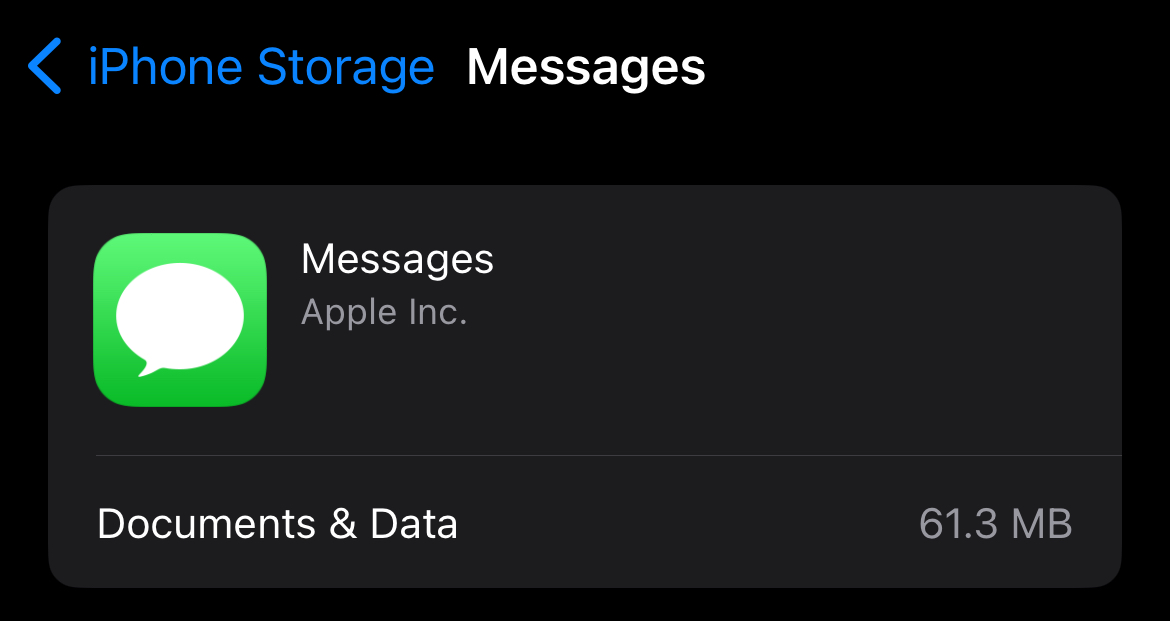The European Union has recently reached an agreement on a significant competition reform known as the Digital Markets Act (DMA), which will impose strict rules on large tech companies that will have to offer users the ability to communicate with each other using different apps. WhatsApp is one of the companies that will be required to comply with the new regulations outlined in the European Union’s Digital Markets Act. This is because WhatsApp is considered a gatekeeper service since it’s a large tech platform with a substantial user base and falls within the criteria set by the DMA. With the latest WhatsApp beta for Android 2.23.19.8 update, which is available on the Google Play Store, we discovered that WhatsApp is working on complying with the new regulations:
As you can see in this screenshot, WhatsApp is working on a new section dedicated to the new regulations. Since it is still in development, this section is still not ready, it appears empty and it’s not accessible to users, but its title confirms to us that they are now working on it. WhatsApp has a 6-month period to align the app with the new European regulations to provide its interoperability service in the European Union. At the moment, it remains unclear whether this feature will also eventually extend to countries beyond the European Union.
Interoperability will allow other people to contact users on WhatsApp even if they don’t have a WhatsApp account. For example, someone from the Signal app could send a message to a WhatsApp user, even without a WhatsApp account. While this broader network can definitely enhance communication with those people who use different messaging apps and assist those small apps in competing within the messaging app industry, we acknowledge that this approach may also raise important considerations about end-to-end encryption when receiving a message from users who don’t use WhatsApp. In this context, as this feature is still in its early stages of development, detailed technical information about this process on WhatsApp as a gatekeeper is currently very limited, but we can confirm that end-to-end encryption will have to be preserved in interoperable messaging systems. In addition, as mentioned in Article 7 of the regulations, it appears that users may have the option to opt out when it will be available in the future.
Third-party chat support is under development and it will be available in a future update of the app. As always, we will share a new article when we have further information regarding this feature.
How about starting with the company who says you have to buy their phone to use their messenger. If Apple isn’t eventually considered a gatekeeper, then this is a joke.
iMessage isn’t as big in Europe as it is in the US. They just looked at it and declared it’s too small to be seen as a gatekeeper, in that market.
No, EU lunched 5 months investigation to decide whether iMessage is big enough.
^^ To add: It wasn’t EU that declared it too small. It was to be on the list until Apple disputed iMessage’s position as a gatekeeper, claiming it was too small. EU will now investigate. Same with Bing and Microsoft Edge.
iMessages automatically becomes a sms app with every other phone, so everyone with a phone capable of sending and reiciving text is able to contact you. No gatekeeping at all.
 .
.The intention of the EU is clearly to have iMessage, the part that handles instant messaging over WiFi, be compatible with other such apps, like WhatsApp. I am not a lawyer, such a loophole may very well exist, but it is frankly foolish to believe EU will back down if WhatsApp for example adds SMS support and calls it a day. I expect the EU to see their intention through.
People who use Telegram and Signal wants to avoid Facebook at all cost and Zuck comes up with shit.
Different apps being able to communicate sounds similar to the fediverse! Would be nice if there was a common protocol/library every messenger would use and clients would only need to implement it.
I agree with the other commenter that it sounds a bit like the Fediverse. It’s interesting to think about. I think part of what draws people to any messaging platform is continuity with the other services on the platform. The actual messaging experience can be duplicated or exceeded by anyone, like how RCS has made the humble text message more powerful and compatible than anyone at Apple could comprehend.
With this idea, would any messaging platform that became ultra successful be then required to allow other platforms to message their users? Which platforms are allowed? How is spam managed? What about special privacy features like what’s built in to Signal or Telegram? How do the platforms manage linking to content embedded in other parts of the platform (think Instagram posts/reels/messenger).
There are a lot of difficult issues to work out.








